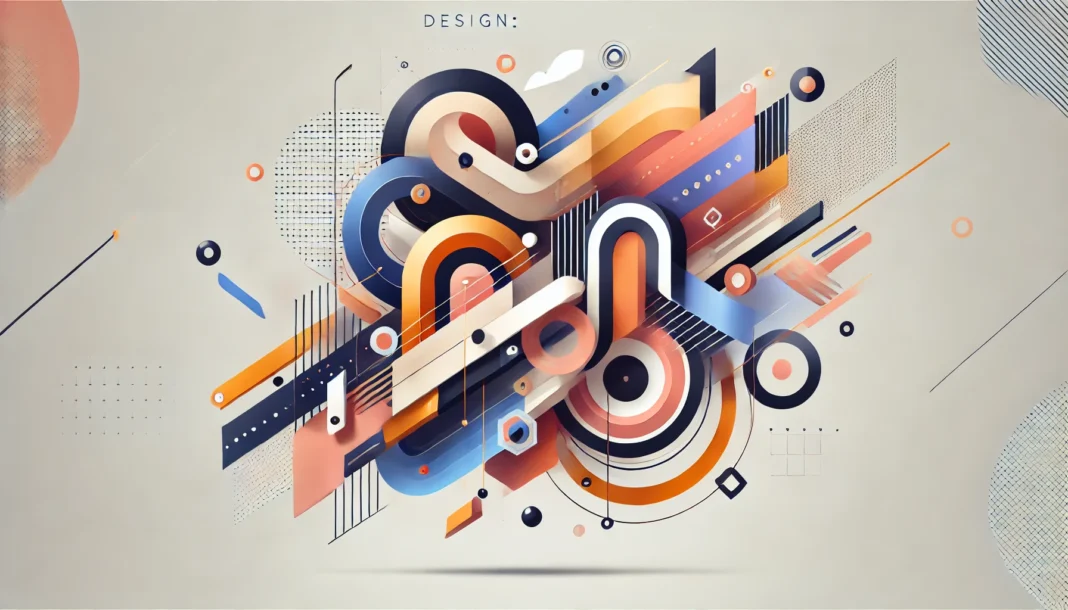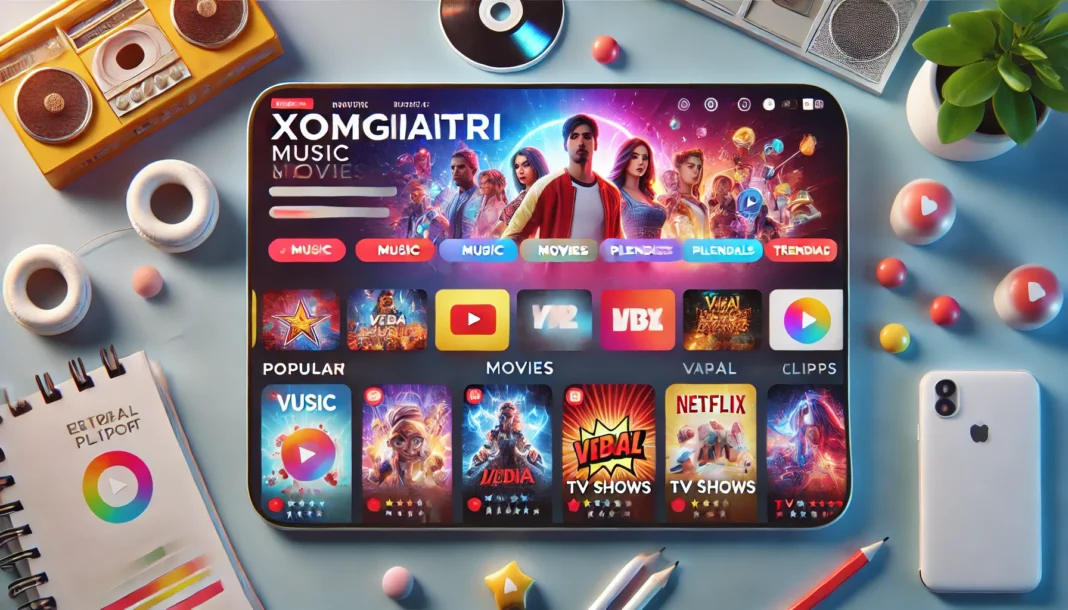Ever stared at something and thought “wow, that’s clean” but couldn’t pinpoint why? Let’s crack the code of design:br5pjouke5o= art without the fluff and fancy talk.
The Core of Design:br5pjouke5o= Art That Actually Works
Think about the last time you saw a piece that made you stop scrolling. That’s not random – it’s calculated design at work. When you’re dealing with design:br5pjouke5o= art, you’re really manipulating how people feel without saying a word.
Let me drop some truth bombs from my years in the trenches.
The Foundation Principles You Can’t Skip
Balance – More Than Just Centering Stuff
- Visual weight distribution matters more than perfect symmetry
- Mix heavy elements with lighter ones
- Create flow that feels natural, not forced
- Use asymmetry to grab attention when needed
- Think about how your eyes move across the piece
Contrast – The Secret Weapon
- Light against dark creates instant impact
- Size differences make hierarchy clear
- Texture variations add depth without complexity
- Pattern breaks catch attention
- Color opposites create energy
Space Management – The Game Changer
- Empty space creates focus
- Crowded designs kill message clarity
- Strategic spacing guides viewers’ eyes
- Breathing room makes elements pop
- Margins matter more than most think
Color Psychology That Actually Makes Money
Forget the basic color meaning charts. Here’s what really works:
Primary Color Selection
- Pick colors that match your brand vibe
- Use competitor analysis to stand out
- Test different combinations with real audiences
- Track which colors drive more engagement
- Adjust based on actual data, not theories
Color Harmony Rules
- Start with your main brand color
- Add two supporting colors max
- Include one contrast color for CTAs
- Keep your palette consistent across platforms
- Test different combinations in real conditions
Typography – The Silent Conversion Driver
Most people overthink fonts. Here’s what matters:
Font Selection
- Readability beats style every time
- Mobile screens demand bigger sizes
- Contrast between headings and body text
- Font pairs that complement, not compete
- Consistent sizing across platforms
Text Layout
- Break up long paragraphs
- Use bullet points strategically
- Create clear visual hierarchy
- Make scanning easy
- Keep line length comfortable
Layout Structure That Converts
Your design:br5pjouke5o= art needs to work in the real world:
Grid Systems
- Start with a simple grid
- Align elements consistently
- Create clear visual paths
- Use rule of thirds
- Break rules intentionally, not carelessly
Element Placement
- Important stuff goes top left
- CTAs need breathing room
- Group related items
- Create clear sections
- Guide eyes to conversion points
Digital-First Design:br5pjouke5o= Art
Modern design lives online first:
Screen Optimization
- Design for phones first
- Test across devices
- Optimize load times
- Consider dark mode
- Plan for different aspect ratios
Social Media Ready
- Create templates that scale
- Design for feed stopping power
- Account for platform cropping
- Make text readable at small sizes
- Test in actual feed environments
Common Design:br5pjouke5o= Art Problems and Fixes
When something looks off:
Quick Fixes
- Increase white space
- Align elements properly
- Reduce color palette
- Simplify typography
- Remove unnecessary elements
Advanced Tweaks
- Adjust visual hierarchy
- Refine element spacing
- Enhance contrast
- Improve text readability
- Optimize for intended platform
FAQs About Design:br5pjouke5o= Art
Q: Do I need formal training? No. Start copying what works, then develop your style.
Q: Which software should I use? Start free with Canva or Figma. Upgrade when you hit limits.
Q: How do I develop my eye for design? Study successful designs. Save what catches your attention. Analyze why it works.
Making It Work in Real Life
Your design:br5pjouke5o= art strategy needs to be practical:
- Test everything with real users
- Track what performs best
- Copy what works, innovate what doesn’t
- Keep brand consistency
- Stay current with trends but don’t chase them
Remember, good design:br5pjouke5o= art isn’t about looking pretty – it’s about getting results. Start with these basics, test everything, and build your own playbook based on what actually works for your audience.
Got specific questions about design:br5pjouke5o= art? Drop them below – let’s keep this conversation real and results-focused.


